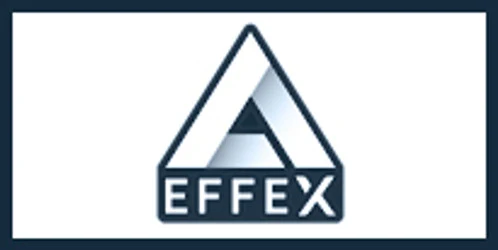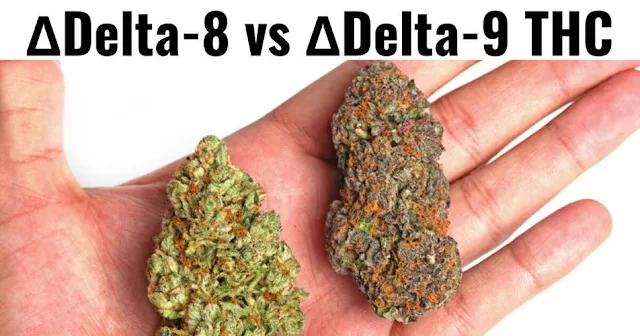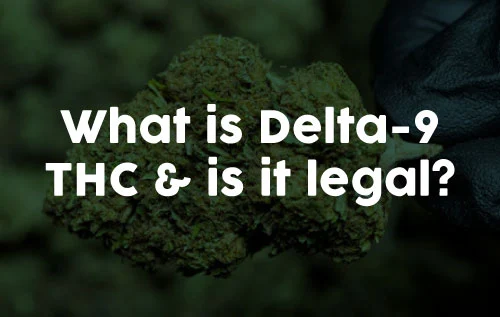Reviews of Best Refillable Vape Cartridges
Tired of monotonous flavors and mediocre vaping experiences? Ready for an entirely new level of vaping? Then, it's time to dive into the world of refillable cartridges! Refillable cartridges are vape components that can be filled multiple times with your favorite vaping liquid. They offer more flavor options and allow you to control vapor intensity. This article will help you choose the perfect refillable cartridge to provide you with unforgettable taste sensations, smooth vapor, and complete satisfaction.
Features
- Materials: The best cartridges are made from quality materials, such as medical-grade steel and glass, which ensure durability and reliability.
- Vaporization Technology: They employ advanced vaporization technologies like ceramic cores to deliver clean, rich flavors.
- Capacity: Depending on the model, they are available in various capacities, allowing users to choose according to their needs.
- Compatibility: They are compatible with various vapes and liquids, making them versatile.
- Safety: They undergo heavy metal testing to ensure user safety.
- Ease of Use: They provide a simple and convenient refilling process.
Refillable Vape Cartridges Benefits
- Cost Savings: Although purchasing a new oil cartridge can be expensive, it's a worthwhile investment. Refillable cartridges offer a more economical way to vape.
- Environmentally Friendly: Refillable cartridges are more environmentally friendly as they can be reused multiple times.
- Customization: You can customize your oil by blending different oils and concentrates to create your unique vaping experience.
- High-Quality Components: Refillable cartridges are made from high-quality materials and utilize advanced vaporization technologies.
- Wide Selection: A wide variety of cartridges are on the market, allowing users to choose according to their needs.
- Bonus: discounts on your first purchase when you register on the website.
Overview of Key Models
In the vaping world, choosing the correct cartridge can make a significant difference in your vaping experience. There are numerous refillable vaping cartridges, each offering unique features and benefits. Some provide high-quality vaporization, while others offer greater capacity or ease of use. Selecting a cartridge that meets your needs and preferences is essential. Here's more detailed information about the best refillable cartridges for vaping:
- GV FC210 Ceramic Cartridge Screw-In]: his cartridge is designed for use with essential oils and concentrates. It features two large oil holes, optimal for oils of varying viscosity. The cartridge is easily refillable thanks to its removable top and threaded mouthpiece. Price: $3.95.
- GV FC110 Ceramic Cartridges [Push-In]: This cartridge boasts several advantages, including a disposable design, leak-free construction, clean vapor, and no burning taste. It has a glass body and a 1.0ml capacity.
- SMOK NORD 5 Pod Kit: This kit includes a device with a built-in 2000mAh battery and 5.0ml refillable cartridges that can be filled and replaced with mesh coils. The kit features an OLED display and an LED indicator on the power button. The price is $39.95.
How to Use Refillable Cartridges
Refillable cartridges for vaping can be straightforward and convenient if you know how to do it correctly. Here are the basic steps of the refilling process:
- Remove the mouthpiece: Most refillable cartridges have a removable mouthpiece that can be easily unscrewed or pulled out.
- Fill the cartridge: Carefully add your liquid using a syringe or dropper, filling it appropriately.
- Replace the mouthpiece: After refilling, ensure the mouthpiece is securely reattached to the cartridge.
- Wait: Allow the liquid to saturate the wick or ceramic core before using it.
When refilling cartridges, remember safety. Always use clean tools and store your liquids in a safe place inaccessible to children or pets. Additionally, monitor the condition of your top-rated durable vape cartridges and replace them if you notice any signs of damage or wear. This will help ensure the safe and enjoyable use of your vape.
Comparison of Refillable and Disposable Cartridges
Refillable and disposable vaping cartridges have their advantages and disadvantages, and the choice between them largely depends on your individual needs and preferences.
FAQ
How often do you need to refill a cartridge?
This depends on how often you use your vape and the size and capacity of your cartridge. Some users refill their cartridges daily, while others wait several days between refills.
Can you use any liquid to refill a cartridge?
In most cases, yes, but it's always worth checking the manufacturer's recommendations. Some cartridges may be designed for use with specific types of liquids.

.png)


















 We'll be glad to hear from you if you have concerns, would like to leave feedback, or would like to be published on our site. Please send us a message, and we'll respond ASAP.
We'll be glad to hear from you if you have concerns, would like to leave feedback, or would like to be published on our site. Please send us a message, and we'll respond ASAP.